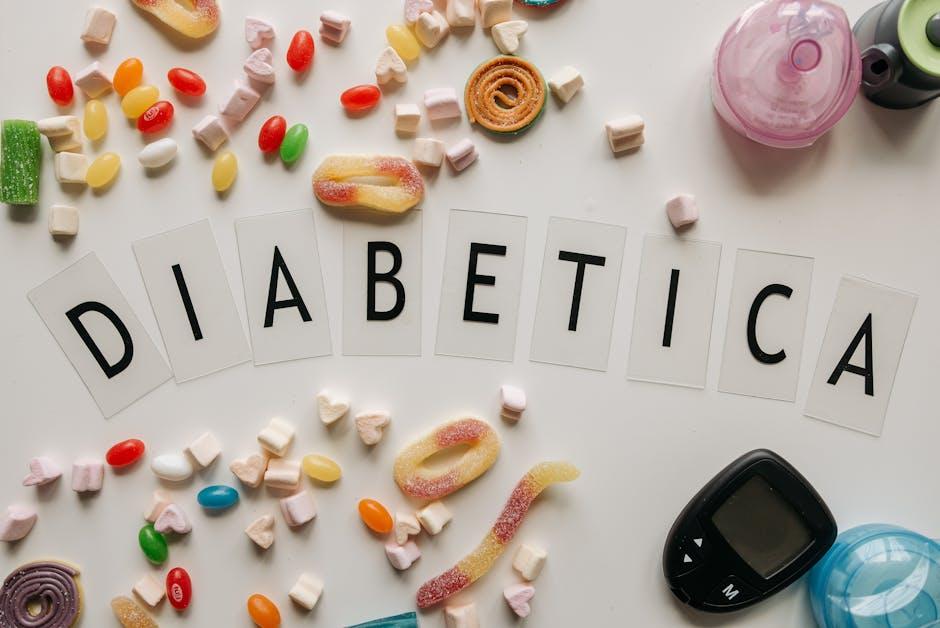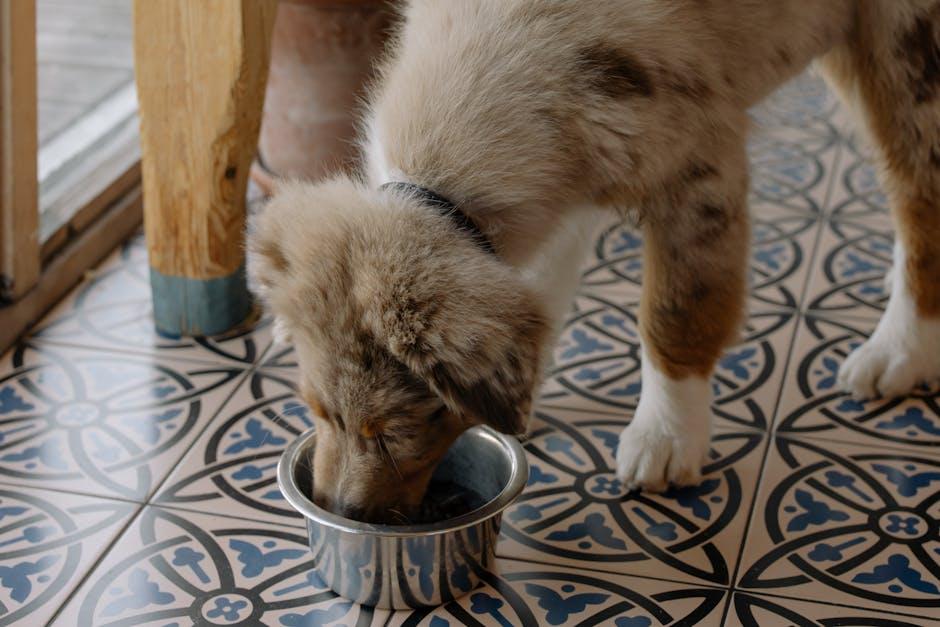Welcoming a new puppy into your home is an exciting journey filled with wagging tails and boundless energy. As you embark on this adventure, one of the most crucial aspects to consider is your puppy’s nutrition. Ensuring that your furry friend receives the right balance of nutrients is essential for their growth, health, and overall happiness. “” is here to guide you through the process of crafting a nourishing diet tailored to your puppy’s unique needs. With our warm and instructive approach, we aim to simplify the complexities of puppy nutrition, providing you with the knowledge and confidence to make informed decisions. Whether you’re a first-time puppy parent or looking to refresh your feeding strategy, this article will equip you with practical tips and insights to set your puppy on the path to a healthy and vibrant life. Let’s dive in and make meal planning a joyful and rewarding experience for both you and your four-legged companion.
Choosing the Right Nutrients for Your Growing Puppy
Understanding the nutritional needs of your puppy is crucial for their healthy growth and development. Puppies have different dietary requirements compared to adult dogs, so it’s important to focus on providing them with a balanced diet that supports their energy levels and growing bodies. Start by ensuring that their meals contain a healthy mix of proteins, fats, and carbohydrates. Proteins are essential for muscle development and tissue repair, while fats provide a concentrated source of energy. Carbohydrates, on the other hand, are necessary for maintaining energy levels throughout their playful days.
In addition to these macronutrients, there are several key vitamins and minerals that your puppy needs to thrive. Make sure to include a variety of vitamins and minerals in their diet, such as:
- Calcium and Phosphorus: Important for strong bones and teeth.
- Omega-3 and Omega-6 fatty acids: Support skin health and a shiny coat.
- Iron and Zinc: Crucial for healthy blood and immune function.
- Vitamin A: Essential for vision and immune system support.
- Vitamin E: Acts as an antioxidant to protect cells from damage.
Always consult with your veterinarian to tailor a diet plan specific to your puppy’s breed, size, and health status, ensuring they get the right balance of nutrients for a happy and healthy life.
Crafting a Balanced Meal Schedule Tailored to Your Pup
Creating a meal schedule that suits your puppy’s needs involves understanding their nutritional requirements and balancing meal times with their energy levels. Puppies are growing rapidly and need frequent meals filled with high-quality nutrients to support their development. Start by feeding your pup three to four small meals a day. This frequency ensures they receive the necessary nutrients without overwhelming their digestive system. As they grow, you can gradually transition to two meals a day.
When planning your puppy’s meal schedule, consider the following tips:
- Consistency is key: Feed your puppy at the same times each day to help establish a routine.
- Balance nutrients: Ensure each meal contains the right mix of proteins, fats, and carbohydrates.
- Hydration matters: Always provide fresh water alongside meals to keep your puppy well-hydrated.
- Monitor portion sizes: Adjust portions as needed based on your puppy’s age, size, and activity level.
By thoughtfully crafting your puppy’s meal schedule, you’ll not only meet their nutritional needs but also set the foundation for a healthy and happy adulthood.

Portion Control Tips to Keep Your Puppy Healthy
Feeding your puppy the right amount is crucial for their growth and overall health. Ensuring portion control is essential to prevent overfeeding or underfeeding, both of which can lead to health issues. Here are some tips to help you maintain the perfect balance for your furry friend:
- Follow the Guidelines: Check the packaging of your puppy’s food for recommended serving sizes. These are usually based on weight and age, providing a helpful starting point.
- Adjust for Activity Level: Puppies with higher energy levels may require slightly more food, while less active ones might need less. Monitor their activity and adjust portions accordingly.
- Regular Weigh-Ins: Weigh your puppy regularly to ensure they are growing at a healthy rate. If you notice any sudden weight changes, consult your vet for advice.
- Measure, Don’t Guess: Use a measuring cup to serve meals. This prevents overfeeding and helps you keep track of their intake accurately.
- Limit Treats: Treats should not make up more than 10% of their daily caloric intake. Opt for healthy, puppy-safe treats and consider them when planning meals.
By keeping these simple yet effective tips in mind, you can ensure that your puppy is getting just the right amount of nutrition they need to thrive. Remember, consistency is key in maintaining their health and happiness.

Essential Dos and Donts for Puppy Feeding
- Do: Choose a High-Quality Puppy Food – Ensure your puppy gets the best start by selecting a food that is rich in protein and essential nutrients. Look for labels that specify the food is suitable for puppies, as these contain the right balance of ingredients to support growth and development.
- Do: Follow a Feeding Schedule – Consistency is key for your puppy’s digestion and routine. Feed your puppy at the same times each day to help establish a healthy eating pattern. Typically, puppies need to be fed three to four times daily.
- Don’t: Overfeed Your Puppy - It’s easy to overestimate how much food a puppy needs. Overfeeding can lead to obesity and related health issues. Always follow the feeding guidelines provided on the food packaging, and adjust based on your puppy’s growth and activity level.
- Don’t: Feed Table Scraps - While it might be tempting to share your meal, human food can upset your puppy’s stomach and lead to poor eating habits. Stick to their balanced diet to ensure they receive the proper nutrients.
















